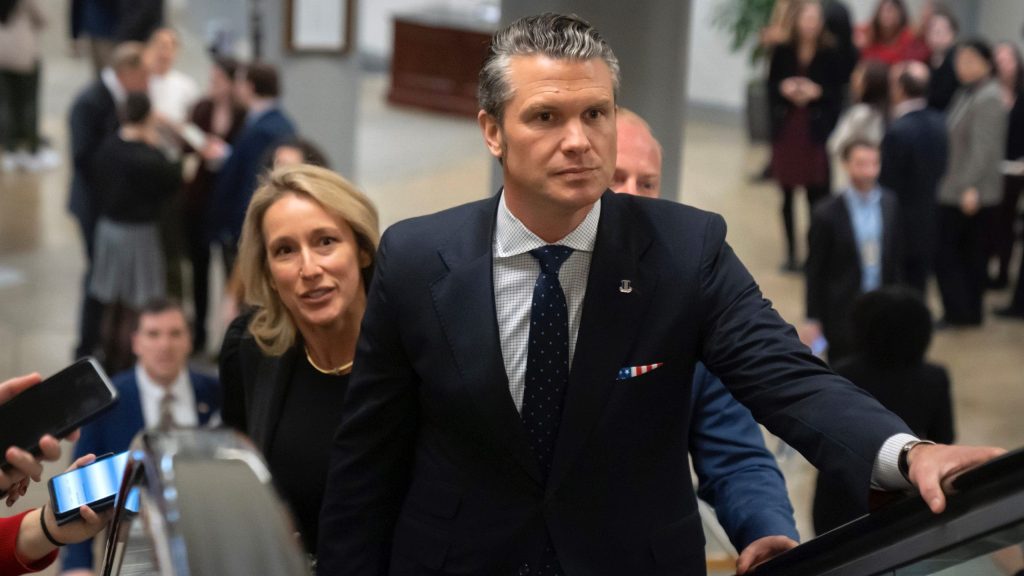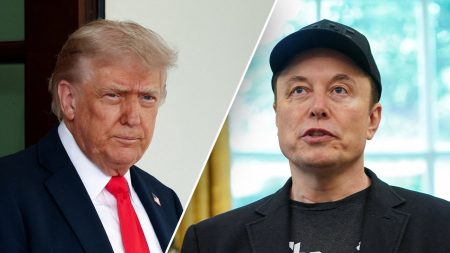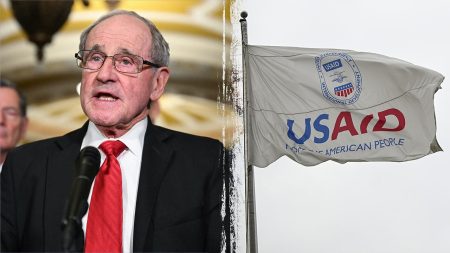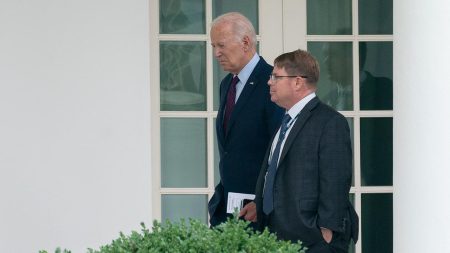Pete Hegseth, former Fox News personality and decorated combat veteran, is facing an uphill battle for confirmation as Secretary of Defense. Despite endorsements from a growing number of prominent veterans, allegations of alcohol abuse and mistreatment of women threaten to derail his nomination. The Heritage Foundation, a conservative think tank, spearheaded an open letter endorsing Hegseth, gathering over 74 signatures in a short period. This letter highlights Hegseth’s military service, including deployments to Iraq and Afghanistan, where he earned two Bronze Stars and a Combat Infantryman Badge. It emphasizes his commitment to supporting US troops and his vision of rebuilding the military into a formidable force capable of defending American interests.
The letter’s signatories, including decorated veterans and policy advisors, praise Hegseth’s dedication to “depoliticizing” the military, specifically citing his rejection of Diversity, Equity, and Inclusion (DEI) initiatives and other “toxic ideologies” they believe have weakened the armed forces. They argue that Hegseth possesses the necessary leadership to address critical issues plaguing the Pentagon, such as bureaucratic bloat, wasteful spending, and the defense industry’s failure to deliver essential equipment on time and within budget. They express confidence that Hegseth will prioritize the needs of the troops and ensure the military has the resources required to confront America’s adversaries. Furthermore, the letter criticizes the previous administration’s handling of border security and international relations, suggesting that Hegseth is better equipped to execute the current Commander-in-Chief’s agenda.
Among the prominent signatories are Dan Caldwell and Joseph Wade Miller, both Marine Corps veterans and advisors at the Center for Renewing America, as well as Eddie Gallagher, founder of the Pipe Hitters Foundation, a non-profit focused on veteran defense. Several decorated veterans affiliated with the Heritage Foundation, including James Jay Carafano, Rob Greenway, Wilson Beaver, Steve Bucci, and Jeremy Hayes, also lent their support. Kevin Roberts, president of the Heritage Foundation, describes Hegseth as the “right kind of fighter for America,” highlighting his combat experience and advocacy for veterans. Victoria Coates, a former national security advisor to both President Trump and Senator Ted Cruz, adds that Hegseth would bring a fresh perspective to the Pentagon.
Hegseth’s nomination faces significant challenges, primarily due to allegations of misconduct. Leaked information, including a critical email from his mother about his relationships with women, has added fuel to the fire. While his mother later clarified that the email was written in a moment of anger and that she had apologized for it, the damage to his reputation remains. Hegseth has vehemently denied all allegations and attributes his personal growth to his faith and his wife. He has engaged in discussions with senators, emphasizing his transformation and commitment to serving the country.
Amidst the uncertainty surrounding Hegseth’s confirmation, rumors have surfaced that President Trump is considering alternative candidates for Secretary of Defense. One potential replacement mentioned is Florida Governor Ron DeSantis, a retired Navy Lieutenant Commander and former primary opponent of Trump. This contingency plan suggests that the White House is aware of the potential roadblocks Hegseth faces and is prepared to explore other options if necessary.
The controversy surrounding Hegseth’s nomination underscores the deep divisions within American politics. While his supporters tout his military background and conservative credentials, his detractors point to the allegations of misconduct and question his suitability for such a high-profile position. The Senate confirmation process will ultimately determine whether Hegseth becomes the next Secretary of Defense or whether another candidate will be chosen to lead the Pentagon.
The ongoing debate over Hegseth’s nomination highlights the complex challenges facing the Department of Defense. Issues such as military readiness, budget allocation, technological advancements, and the evolving geopolitical landscape demand a strong and capable leader. The next Secretary of Defense will inherit a department grappling with these issues and will play a crucial role in shaping America’s national security strategy for years to come.
Whether Hegseth or another individual assumes this crucial role, the stakes are high. The future of the American military and the nation’s security depend on the decisions made by the next Secretary of Defense. The confirmation process will continue to be closely scrutinized as the Senate evaluates the qualifications and character of the nominee. The outcome will have significant implications for the direction of the Pentagon and the future of American defense policy.









